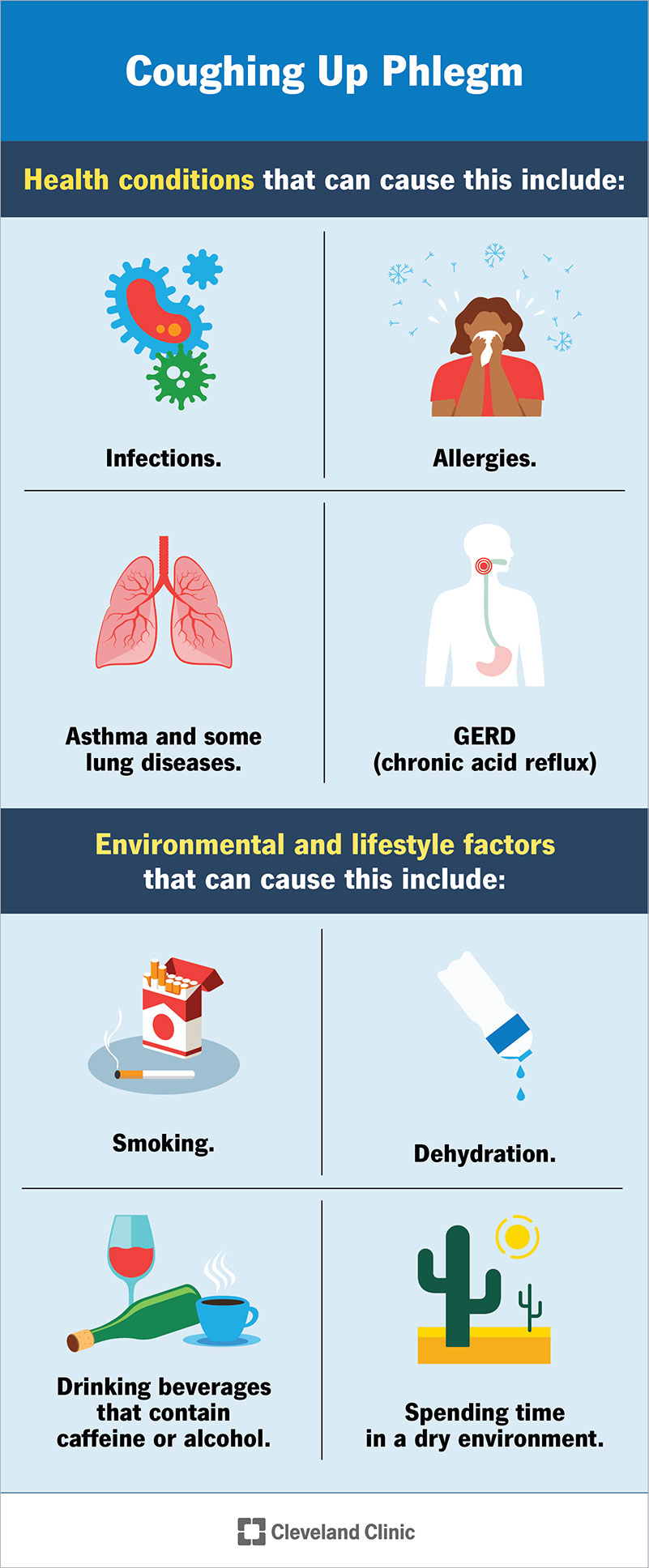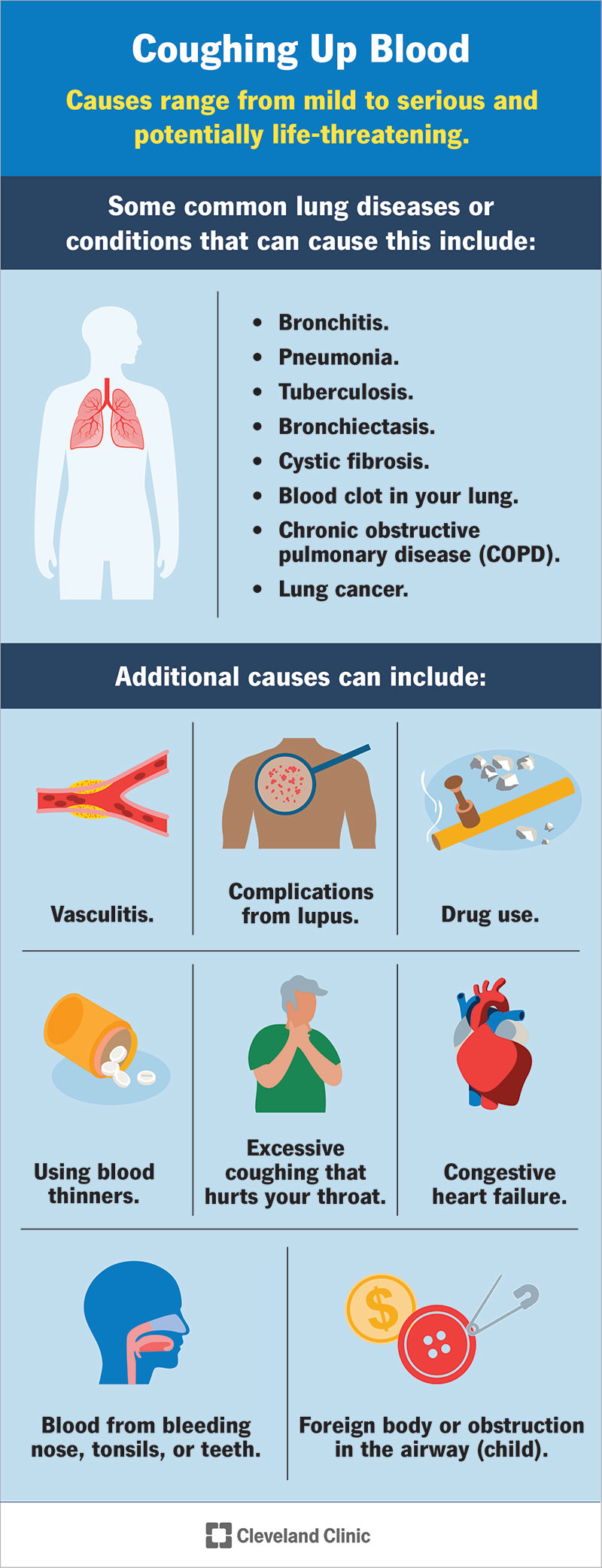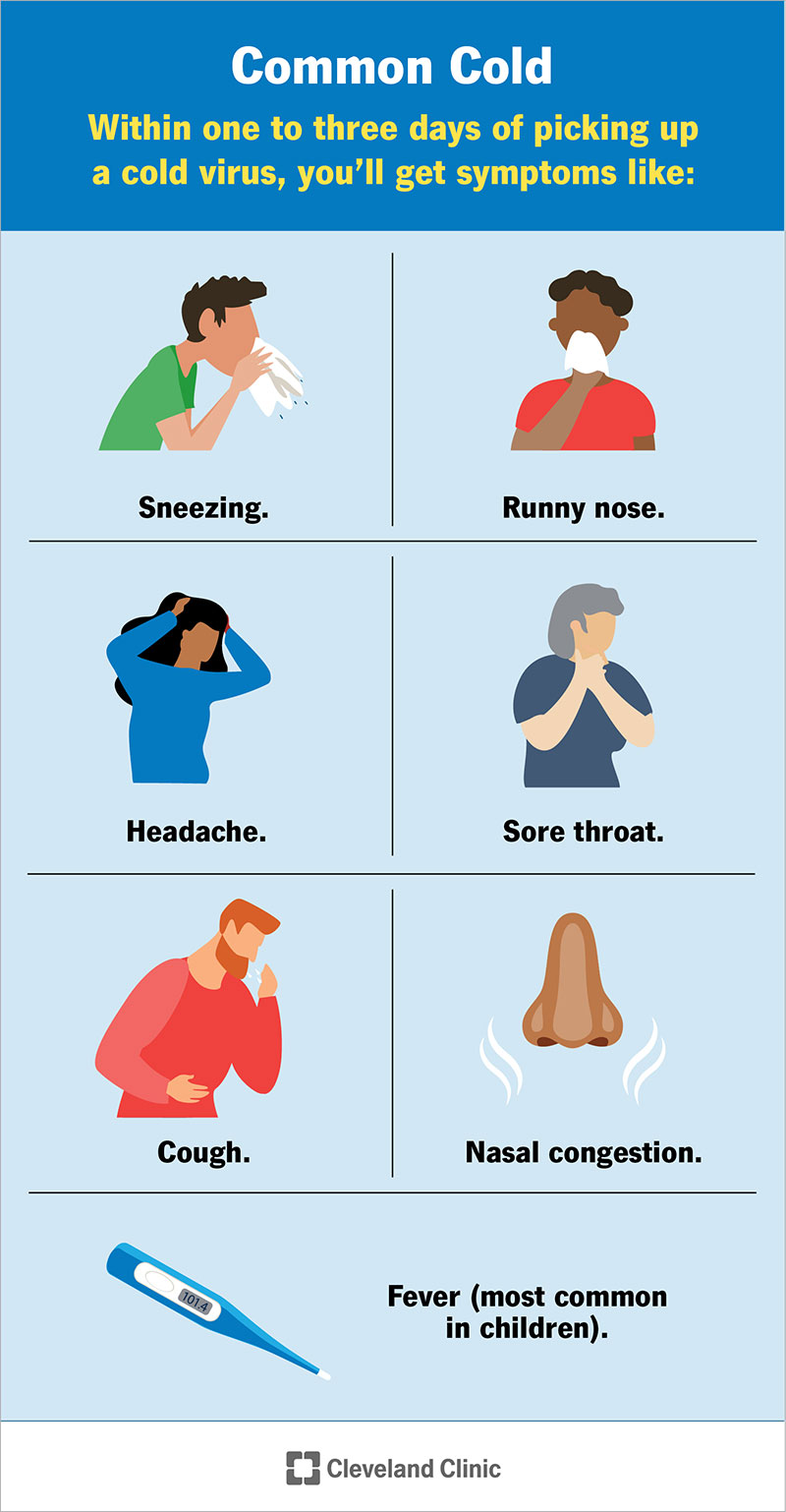Experiencing pain in the abdomen when coughing can be alarming and uncomfortable. Many individuals wonder why this happens and what it signifies about their health. This article aims to provide a comprehensive understanding of the causes, symptoms, treatments, and preventive measures for abdominal pain during coughing.
Whether you're dealing with a sudden onset of pain or have been experiencing it for some time, understanding the underlying reasons is crucial for proper management. By exploring potential causes and effective treatments, we can help you regain control of your health and minimize discomfort.
This article is designed to offer evidence-based information that adheres to the highest standards of expertise, authority, and trustworthiness. Let's dive into the details and uncover the answers you need.
Read also:Tammy Bruce Husband An Indepth Look At Her Personal Life And Relationships
Table of Contents
- Understanding Abdominal Pain During Coughing
- Causes of Abdominal Pain When Coughing
- Symptoms Associated with Abdominal Pain During Coughing
- Diagnosing the Underlying Condition
- Treatment Options for Abdominal Pain
- Preventive Measures to Avoid Abdominal Pain
- Lifestyle Adjustments for Better Health
- Nutritional Tips for Abdominal Health
- Exercise and Physical Activity
- Conclusion and Call to Action
Understanding Abdominal Pain During Coughing
What Happens When Abdomen Hurts When Coughing?
Abdominal pain during coughing occurs when the muscles and tissues in the abdominal region are subjected to strain or pressure. This can result from a variety of factors, including muscular issues, gastrointestinal problems, or even respiratory conditions. Understanding the mechanics behind this pain is essential for identifying its root cause.
When you cough, the diaphragm and abdominal muscles contract forcefully to expel air from the lungs. If these muscles are already inflamed, weakened, or compromised, the additional strain can lead to discomfort or pain in the abdomen. This pain may vary in intensity, from mild discomfort to severe, debilitating pain.
Causes of Abdominal Pain When Coughing
Muscular Strain and Injury
Muscular strain is one of the most common causes of abdominal pain during coughing. Activities such as heavy lifting, poor posture, or repetitive motions can weaken the abdominal muscles, making them more susceptible to injury. Additionally, prolonged or intense coughing episodes can exacerbate existing muscle strains.
- Strained abdominal muscles due to overuse
- Injury to the abdominal wall from physical trauma
- Weak core muscles leading to poor support
Gastrointestinal Issues
Gastrointestinal problems, such as acid reflux, hernias, or gallbladder disease, can also contribute to abdominal pain when coughing. These conditions often cause inflammation or irritation in the digestive tract, which may worsen with the pressure exerted during coughing.
- Gastroesophageal reflux disease (GERD)
- Inguinal or hiatal hernias
- Gallstones or gallbladder inflammation
Symptoms Associated with Abdominal Pain During Coughing
Primary Symptoms
The symptoms of abdominal pain during coughing can vary depending on the underlying cause. However, some common signs include:
- Sharp or dull pain in the abdomen
- Increased pain with deep breaths or physical activity
- Tenderness or swelling in the affected area
Secondary Symptoms
In some cases, additional symptoms may accompany the abdominal pain, indicating a more serious condition. These may include:
Read also:Rachel Pizzolato And The Nudes Controversy Unveiling The Truth
- Fever or chills
- Nausea or vomiting
- Loss of appetite or weight loss
Diagnosing the Underlying Condition
Medical Evaluation
Seeking medical advice is crucial for diagnosing the cause of abdominal pain when coughing. A healthcare professional may perform a physical examination, review your medical history, and order diagnostic tests to determine the underlying issue.
Common diagnostic procedures include:
- Imaging tests such as X-rays, ultrasounds, or CT scans
- Blood tests to check for infection or inflammation
- Endoscopy for gastrointestinal conditions
Treatment Options for Abdominal Pain
Medications
Depending on the diagnosis, your doctor may prescribe medications to alleviate pain and address the root cause. These may include:
- Anti-inflammatory drugs for muscle strains
- Antacids or proton pump inhibitors for GERD
- Antibiotics for infections
Therapeutic Interventions
Physical therapy and targeted exercises can strengthen the abdominal muscles and improve overall core stability. Techniques such as heat therapy, massage, and acupuncture may also provide relief from pain and discomfort.
Preventive Measures to Avoid Abdominal Pain
Maintaining Core Strength
Regular exercise and core strengthening activities can help prevent abdominal pain during coughing. Incorporating exercises like planks, bridges, and pelvic tilts into your routine can enhance muscle support and reduce the risk of injury.
Proper Posture and Lifting Techniques
Practicing good posture and using proper lifting techniques can minimize strain on the abdominal muscles. Avoid bending at the waist and lift objects with your legs instead of your back to protect your core.
Lifestyle Adjustments for Better Health
Managing Stress
Chronic stress can contribute to muscle tension and exacerbate abdominal pain. Engaging in stress-reducing activities such as yoga, meditation, or deep breathing exercises can promote relaxation and improve overall well-being.
Hydration and Rest
Adequate hydration and rest are essential for muscle recovery and overall health. Ensure you drink plenty of water and get enough sleep each night to support your body's natural healing processes.
Nutritional Tips for Abdominal Health
Balanced Diet
A balanced diet rich in fruits, vegetables, lean proteins, and whole grains can support digestive health and reduce the risk of gastrointestinal issues. Avoiding trigger foods like spicy or fatty meals can also prevent acid reflux and related symptoms.
Probiotics and Fiber
Incorporating probiotics and fiber into your diet can improve gut health and prevent constipation, which may contribute to abdominal pain. Foods like yogurt, kefir, and leafy greens are excellent sources of these nutrients.
Exercise and Physical Activity
Low-Impact Exercises
Engaging in low-impact exercises such as walking, swimming, or cycling can improve cardiovascular health without putting excessive strain on the abdominal muscles. These activities also promote flexibility and joint health.
Strength Training
Strength training exercises targeting the core muscles can enhance stability and reduce the likelihood of injury. Focus on controlled movements and proper form to maximize benefits and minimize risks.
Conclusion and Call to Action
Abdominal pain during coughing can stem from various causes, ranging from muscular strain to gastrointestinal issues. By understanding the underlying reasons and implementing appropriate treatments and preventive measures, you can effectively manage this condition and improve your quality of life.
We encourage you to share this article with others who may benefit from the information provided. If you have any questions or insights, feel free to leave a comment below. Additionally, explore other articles on our website for more valuable health tips and advice.
For further reading, consider consulting trusted sources such as the Mayo Clinic or the Centers for Disease Control and Prevention (CDC) for additional guidance and support.


